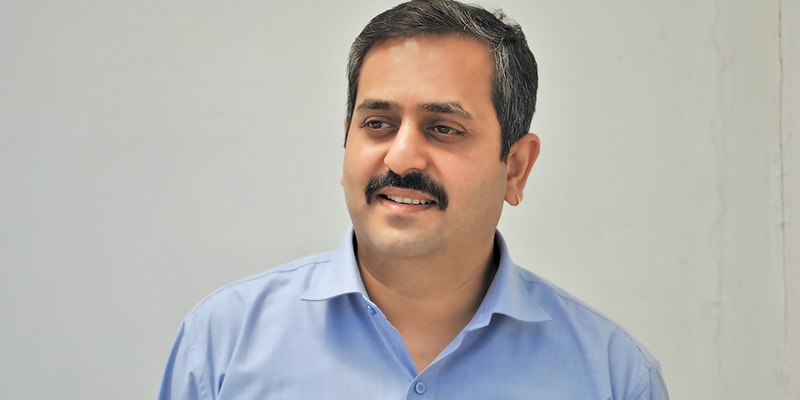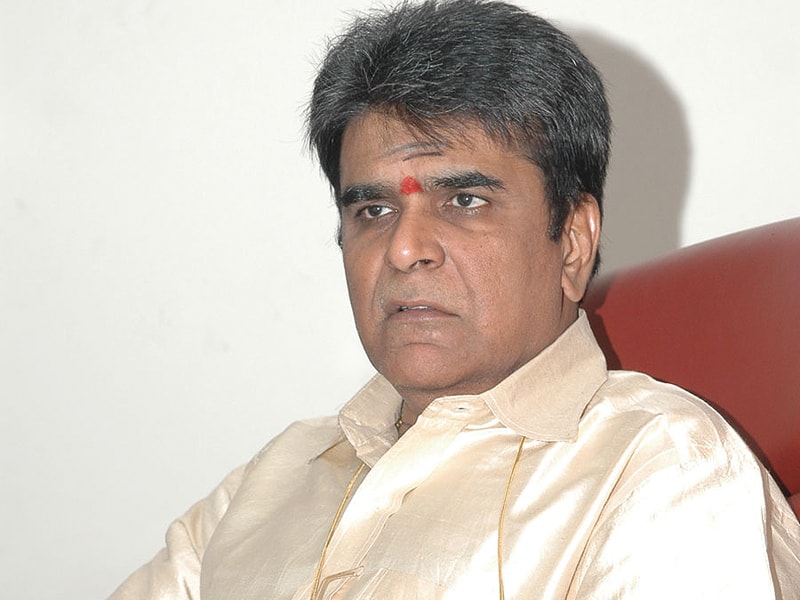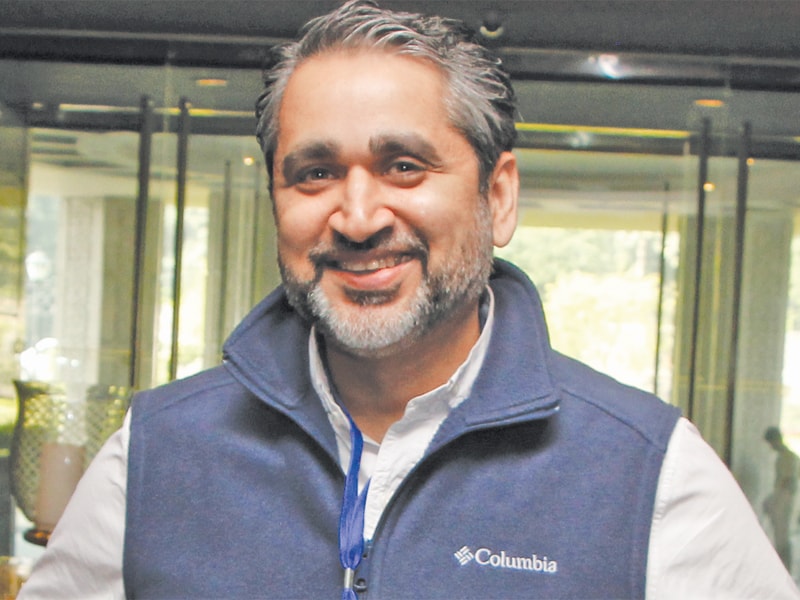Sustainability is now counted as one of the major pillars of apparel export business and a growth tool. Though its key areas involve saving of energy, water, more greenery in the factories, maximum use of natural resources, green factories, there are many other initiatives which are being taken by various companies as per their need, priorities, and with the changing sustainability landscape, bench marks and issues are also evolving. All these efforts are generating great results, bringing buyers closer to them and creating a sense of profitability and responsibility amongst the companies towards the people and the planet. Sustainability also includes in its wide domain what is called long term financial sustainability. Apparel Online brings to you a larger picture of this popular concept – what are the front runners doing and how small- and medium-level exporters can become part of this extensive programme which has still not been started by many of them.
The companies for whom sustainability is key focus…
Top brands every year highlight their sustainable initiatives and progress in their detailed sustainability report whether undertaken in retail or in sourcing operations. Now Indian apparel industry is also taking such initiatives and is going to create history soon. Pratibha Syntex, Indore, which is mainly into apparel export, is the first company which will soon release its first sustainability report. Last year, Arvind Ltd., Bangalore, had produced its first ever sustainability report (88 pages long) for the year FY 2013-14 (for detailed analysis of this report, see Apparel Online India’s January 16-31, 2017 issue). Madura Fashion & Lifestyle, Bangalore, a division of Aditya Birla Nuvo Ltd., also generated its sustainability report under its parent company Aditya Birla Fashion and Retail Ltd. (ABFRL). Experts observe that apparel manufacturers are targeting more on their communication to their brands and employees and this is what matters in the short-term. Sustainability reports are relevant when the management begins to engage with a larger set of stakeholders; and we see that shift happening in case of the more progressive firms.

Sameer Bhand, VP-Strategy & Sustainability, Pratibha Syntex
How and what the industry leaders are doing
Pratibha Syntex, winner of GLASA award, is India’s first textile factory to achieve the “bluesign system partner” status. It has decided to convert all its materials to 100% sustainable products regardless of whether buyers take interest in them or not. Some of its key efforts to achieve this goal cover both environmental as well as social aspects like using zero discharge facility when its 100% processed water is recycled with 93% efficiency and is reused in the operations of the plant. Rain water harvesting in one of its facility that makes its water positive. Under solar powered facility, electricity generated from solar panels constitutes 30% of power consumption by the company. It has replaced its entire lighting system with LED lights which leads to significant amount of energy savings. Sameer Bhand, VP-Strategy & Sustainability of the company states that Pratibha’s focus is not just on bringing change but inducing overall transformation.
The company strongly believes that profit must not be prioritized before people and environment, and its integrated value chain – from farm to fibre to garment – makes it an exemplifying business case. Its social initiatives reflect and propagate the idea of sustainable fashion. Pratibha Syntex works closely with more than 30,000 farmers and spins the magic into high-end fashion garments with a strong team of 10,000 employees for internationally reputed buyers in over 20 countries. It is working on a holistic approach to reduce water consumption at factories and the farms by tackling challenges existing in current products and processes. For instance, it has converted its virgin polyester to recyclable polyester, though this was not a part of the customer demand.
As part of Aditya Birla Group, ABFRL (Madura Fashion & Lifestyle) has also aligned and engaged in various sustainable initiatives as a responsible corporate contributing towards the sustainable ecosystem. It has begun its journey of greening its supply/value chain through its vendor audits and training programmes. The company has also collaborated with international companies developing sustainable concepts and has implemented several initiatives along with these pilots in the apparel segment. It also tries to translate their best practices in to our systems and processes for better outcome. “We are working on 7 sustainability missions with targets identified and fixed for each mission,” shared Devadas PM, AVP, Business Excellence, IE & Sustainability of the company. Like energy, it reduced purchase of grid electricity by 25% through demand/waste reduction and achieved 14% reduction in consumption by implementing the LED lights across all the factories. Very soon, 60% of Madura plants’ energy consumption will comprise of solar energy.
List of Green Garment/Allied Factories in India
Mainetti India, Chennai
SNQS, Tirupur
Orient Craft, Bhiwadi
Mahajan Overseas, Sonepat
Genus Apparels, Faridabad
International Trading Company (ITC), Tirupur
Click Clothing Company, Faridabad
Zodiac Clothing Company, Mumbai (corporate office building)
Few more are in the pipeline
As the textile industry is increasingly being categorized as less hazardous and being rated as green category, the company has achieved zero landfill for all dry wastes such as paper, fabric and plastic by sending them through authorized vendors where the wastes are disposed to recyclers. The paper waste is significantly lowered by reducing the GSM of lay papers, perforated papers and plotter papers which have resulted in 21% savings in terms of consumption and cost. It also achieved 25% reduction in water withdrawal from the bore well by implementation and reuse of STP treated water toilets. Installed aerators in all the taps have resulted in reducing the flow to 4 litres of water per minute. Installing the rain water harvesting systems in the remaining facilities will be completed by the end of June 2017 which will result in 10 to 15% reduction in water withdrawal from the borewell.

Dr. A. Sakthivel, Chairman, Poppys Knitwear
It is not only the corporate giants but also the exporters who are carrying the torch of sustainability. Poppys Knitwear, Tirupur, believes that the precise environmental impact of textiles varies significantly depending on the types of fibre/yarns that the garments are made from. Dr. A Sakthivel, Chairman of the company elaborates on the radical initiatives taken in his own factory by stating, “We use 100% cotton yarn, 100% BCI cotton and organic cotton yarn for our garment orders as required by the buyers. As an initiative towards environmental sustainability, we are the first factory in Tirupur who have initiated the green factory project. Various developments have been made to conserve water, energy and to reduce pollution and carbon emission. We have fitted solar street lights, sewage treatment plants, servo motors in sewing machines which consume less energy. Even more than 30% of the normal tube lights have been replaced by LED lights.”

Sumeet Nath, Managing Partner, Raj Group
Raj Group, Panipat, is another leading home furnishing exporter aggressively working on this front. It has converted 40 per cent load of electricity by solar rooftops, converted pet-coke boilers to LPG and is running printing rotary machines totally through LPG plant. It too has rain water harvesting in place and is developing three big parks nearby its factory and has planted 500 trees in these parks for ensuring fresher, cleaner air. The company is working with brands like Wsi, H&M, Target, Zara and Pottery Barn to name few.
Spending on sustainability
All the above mentioned initiatives definitely need good investment. Most of the exporters or stake holders of the entire supply chain feel that these investments converted into achievements have helped to fetch more orders from buyers who look for environmental/sustainable factories. At the same time, there are apprehensions, especially among the medium-level exporters about the expenses/investment which demand serious rethinking. Some of the leaders fix their budget while few take it as per requirement rather than fixing it at a certain limit.
Poppys Knitwear plans to spend approximately 2% of its total budget on sustainability. It also envisions replacing remaining normal tube lights with LED lights, incorporate windmill power projects and solar panel roofings. Pratibha Syntex has a different opinion on the budget as Sameer insists that sustainability is not a programme for Pratibha Syntex with certain budget; it is in the company’s DNA and therefore its entire operation is very much aligned with it. “It is not a peripheral work but it is at the very core of what Pratibha does. It is integrated within the business practices and policy, from board level to studio and from factory floor to outlets. Pratibha drives sustainability through innovation and excellence in its entire product development cycle, adopting sustainable business practices in its entire value chain,” shares Sameer.
In spite of the numerous hurdles coming up time and again, leaders are geared up to adapt sustainability. This can be seen in the case of Madura Fashion & Lifestyle who have spent Rs. 3 crore till date and further plan to invest in solar installation at 4 of their facilities, rain water harvesting systems in 5 facilities and reduction of waste in all their activities. Raj Group is too geared up as its Managing Partner Sumeet Nath says, “We are open in terms of sustainability budget. In the coming year, we are putting 500 KLD plant for ZLD, using recycled cotton, BCI cotton and GRS cotton in our products This will help us to grow our business.”
Brands/chains are supporting and motivating…
Though such initiatives are adding profits to bottom line, these huge investments are not possible without the buyers’ support. It is the brands/retailers or chain stores that are mostly driving the improvements in sustainability of textiles and work closely with garment producers to grow awareness. Most of the exporters fully agree on this. “Our clients work with us on different projects at both farm and at factory level like farm initiatives, support on seeds, training support to farmers, and raise their income. Increasingly brands and chains have started understanding that if such steps are not taken, ramifications of it will be far and wide,” stresses Sameer. “All our development attracts many buyers and we are able to sustain our customers and business too. We are growing rapidly. Brands are supporting us financially as well as technically too. They continuously provide support and training to our team for our growth and retain sustainability,” adds Sumeet.
Devadas has a different view as he states, “Our brands are our identity in the market place. The customers have visibility to the brands, not to the back-end operation. Whatever we do there is an alignment throughout the supply chain.”
Charitable trusts on the rise
Many big- as well as medium-level companies across India have built their own charitable trusts and are focusing on various requirements of their workers mainly like running a school, contributing to the marriages of workers’ children, distributing medicines regularly or supporting the nearby society as per the needs.
[Source:- apparelresources]
